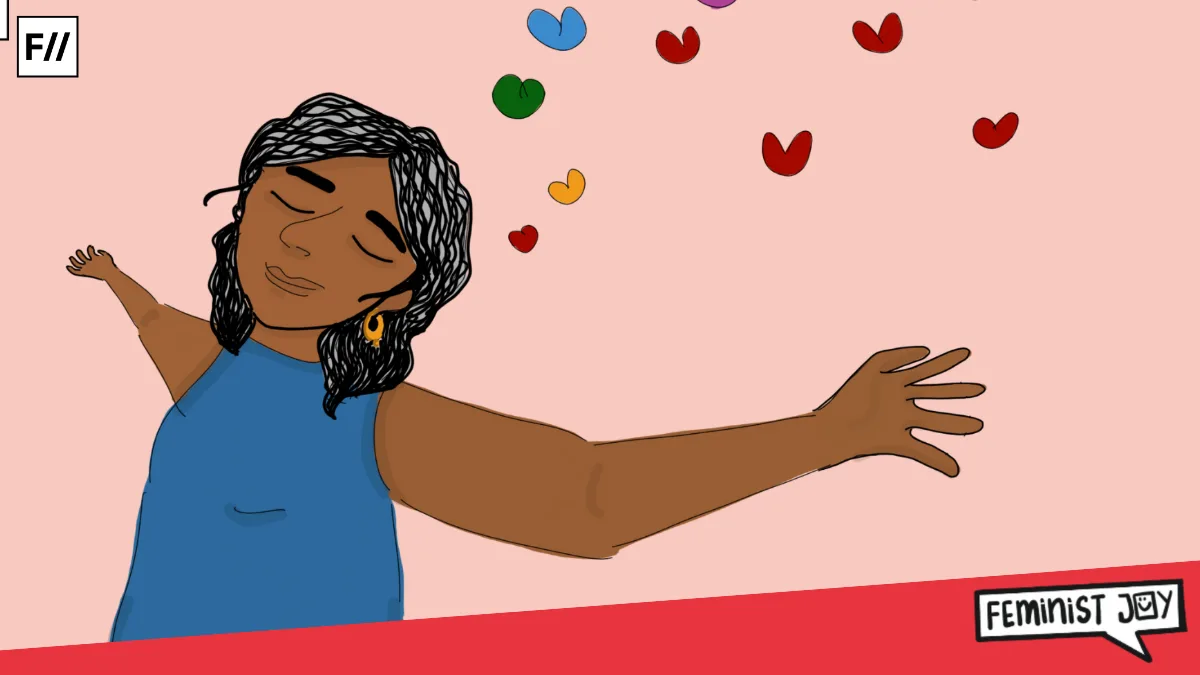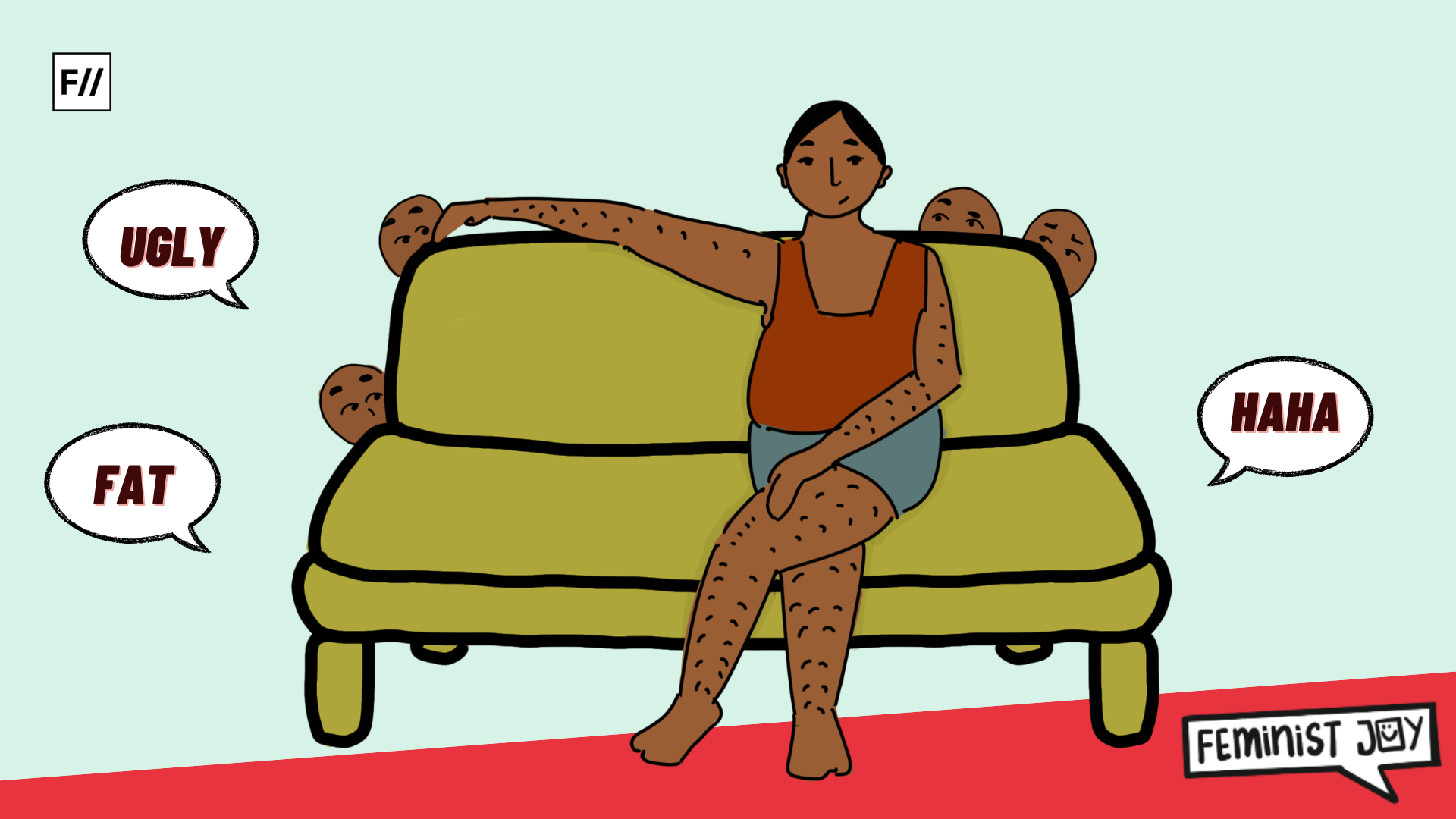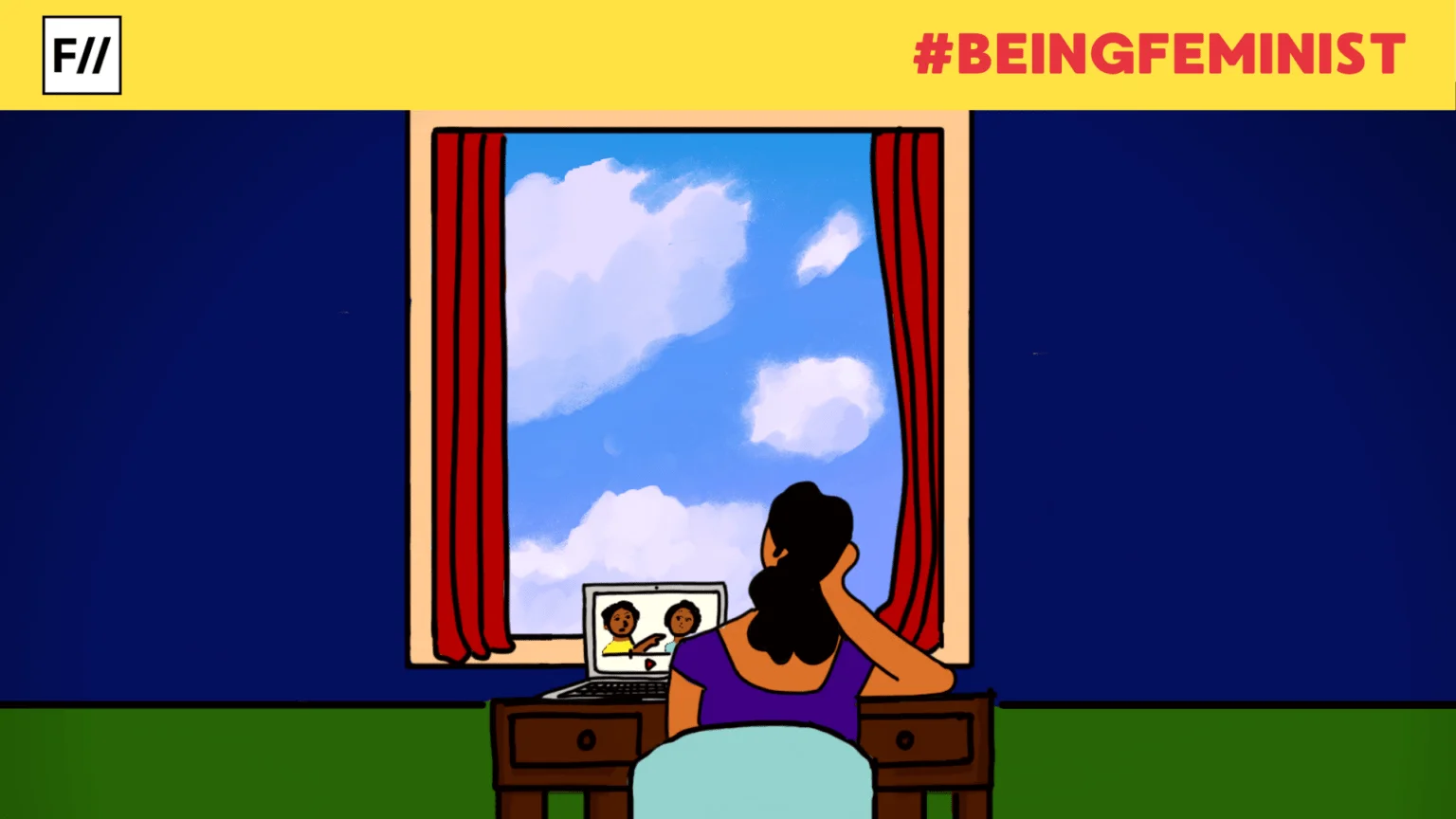TW: Mentions of suicide, anxiety and depression
Are people with mental health issues ready to open up and are people ready to listen without judgments?
Sitting at lunch, swiping through social media and suddenly receiving the grave news of Sushant Singh Rajput’s death by suicide, left me in utter shock. I remember discarding the news as fake and checking at least 10 websites before letting it sink in. Within a few hours my Instagram feed and WhatsApp were filled with pictures of the actor and speculation of his depressed state of mind. On one hand, there were people on social media urging everyone to be empathetic and kind, and on the other, we saw the media’s apathy in its actual glory as they stuffed mics into the faces of the actor’s family members, attempting to feed the trauma porn further.
Sushant Singh Rajput’s colleagues as well as several reports claimed that the actor was suffering from depression. His death began a conversation on mental health, with people reaching out and encouraging healthy communication over various platforms.

There was a sudden burst of awareness and that reflected in the lines “Don’t hesitate to talk; Seek help, I am here for you” doing the rounds of the Internet soon after. As someone struggling to keep her own mental health in check on a daily basis, I believe it is easier to say ‘I am here for you’ than apply it because being there for someone suffering from anxiety or depression is a process that requires a constant effort.
I believe it is easier to say ‘I am here for you’ than apply it because being there for someone suffering from anxiety or depression is a process that requires a constant effort.
And, having felt reassured, when a person battling anxiety and depression begins to open up, it becomes a cause of further trigger to see people ignoring when you talk, not listening to you, talking over you, dismissing and disregarding your mental health as a “phase” or even worse, “attention seeking behavior” while extending virtual solidarity and support.
Also read: Dealing With Delay: The Prolonged Experience Of Trauma
One of the posts that went viral after Sushant’s death said, “If suicide ever crosses your mind just know, I’d rather listen to your story than attend your funeral”. It hit me that people would see and recognise your depression only if it leads to suicide. Given how none of us would ever know what anyone is going through, consistently being kind is the one thing we should rigorously practice. Not everyone wishes to discuss their issues, hence kindness is what is going to help in the longer run to understand the importance of mental health and not a sudden burst over the Internet.
There is an urgent need to bring a change in how people perceive mental health and destigmatize it. Especially when some of the constant remarks you get to hear are “How can you be smiling and still be depressed?”, “Depression and all is nothing, you’ll get over this phase”, “You just overthink a lot, try not to”. Everyone needs to educate themselves more on mental health, better things to speak, better ways to help friends and most importantly better ways to be there for them.
Lost in the trend of being aware about mental health and related issues, people have largely seized to go beyond that. Things like, “He had it all, money, fans, a good career; why did he take his life?”, need to stop because happiness and peace cannot be bought with money and fame. There’s no one-size-fits-all response for people grappling with mental illnesses. They have unique ways of dealing with them and while some choose to talk about it and others do not, no one definitely likes a temporary, not-followed-upon “I am here for you”.
While some choose to talk about their battles with mental health disorders and others do not, no one definitely likes a temporary, not-followed-upon “I am here for you”.
People actively addressing the issue of depression and mental health, following Sushant Singh Rajput’s demise, is great but it is not enough. It is just the beginning of a long journey of being a mental-health ally for many around us. Beginning to address that mental health is truly an issue for several people, broadens awareness and in-turn, could lead to lesser stigma around therapy and seeking help and medication.
Also read: Infographic: How To Sensitively Report Suicide
The band-width of problems surrounding mental health is wider than what comes across as, some people do not have anybody to talk to, some do not have the resources to seek help and some who muster the courage to speak up, are blamed for seeking attention. People navigating mental health issues need space to interpret their suffering, warmth and kindness but no one wants to hear that their problems are not real and that “they’re too sensitive” or “too depressed”.
Sanskriti Falor is a final-year graduate student of Journalism at Kalindi College, Delhi University. She is a budding reporter who views the world as a huge pile of stories to talk about and to write. She wishes to give voice to people who don’t get a platform to and can often be found over-punctuating her write-ups. She can be found on Instagram and Twitter.
Featured Image Source: Representation Image from Canva




